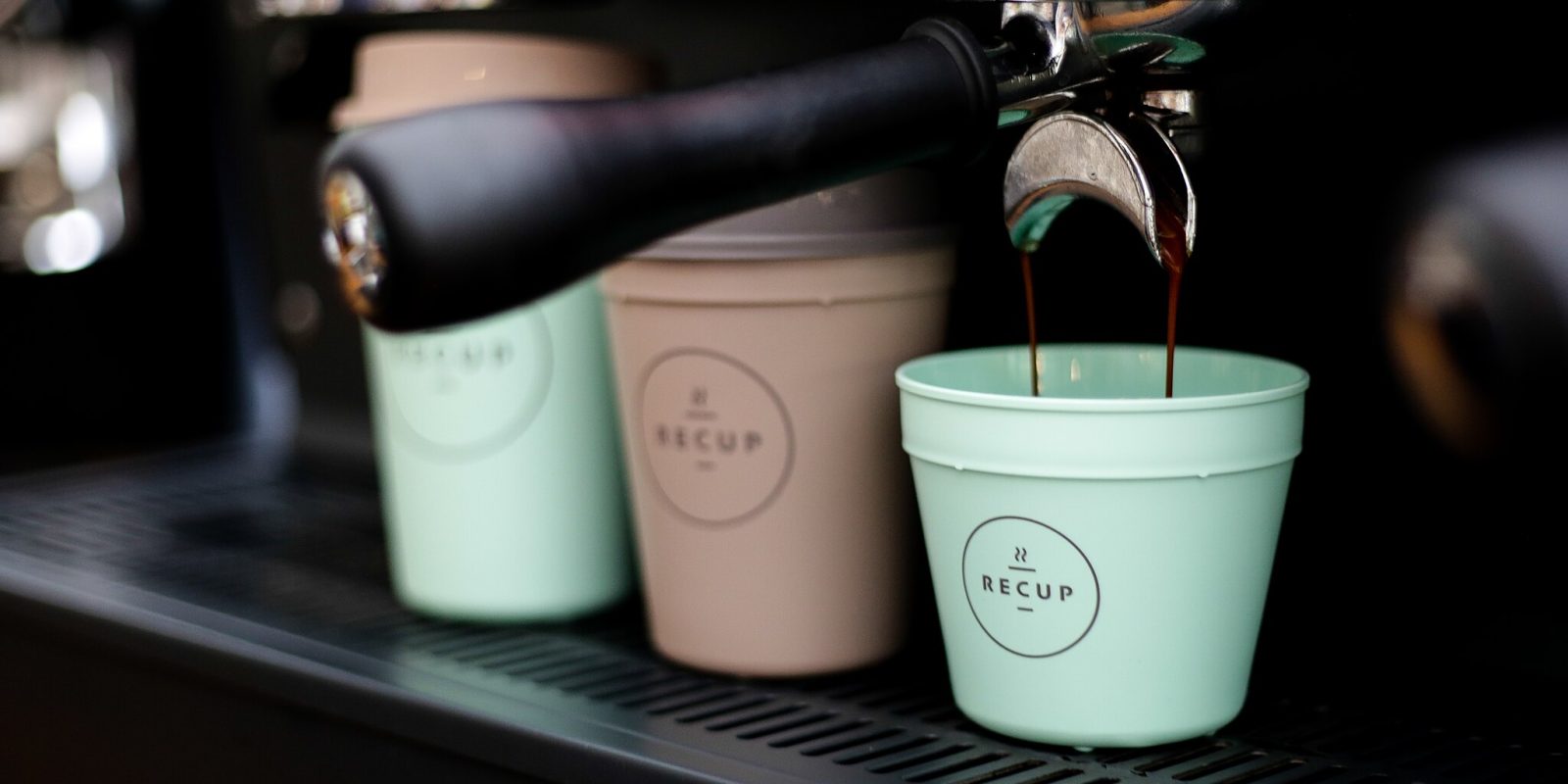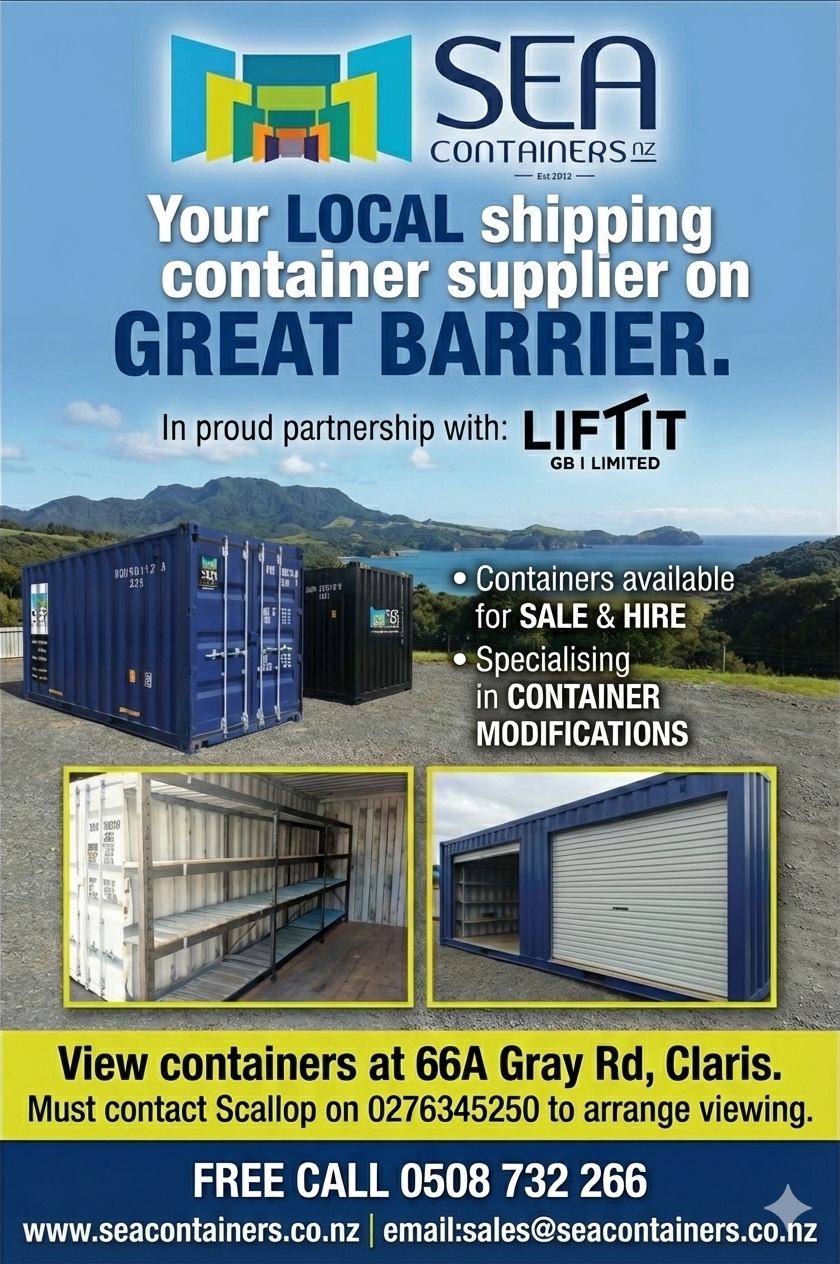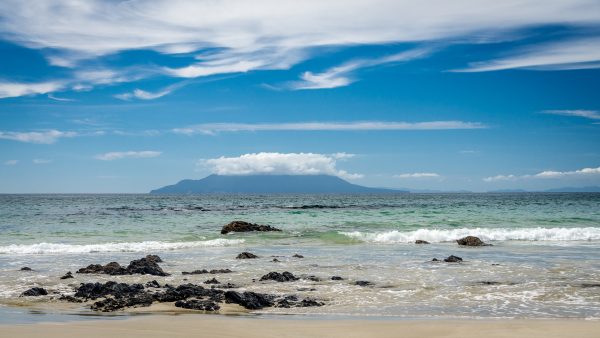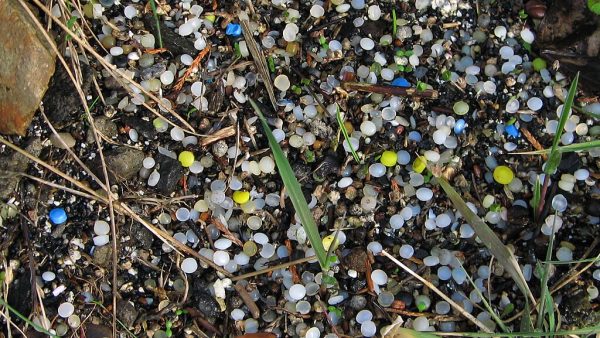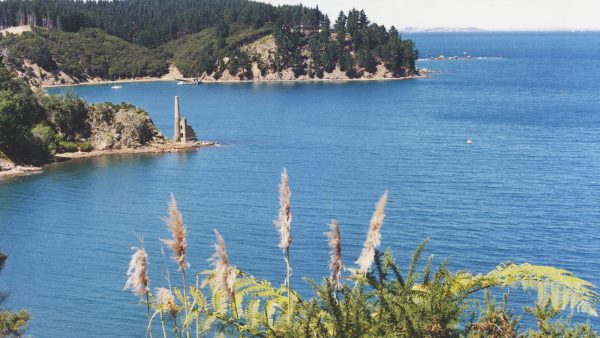Above: Aotea has dumped single-use takeaway coffee cups. Photo / Greta Recup / Creative Commons
In a move that stirred both support and concern among local businesses, the ban on disposable coffee cups introduced in October 2023 has sharply divided opinions, six months in.
As part of Auckland Council’s ambitious zero waste by 2040 target and following the closure of the island’s only landfill, the ban aims to cut down on waste. However, reactions among the island’s retailers, vary widely.
One prominent retailer voiced strong opposition to the ban, telling AoteaGBI.news it was “ideological nonsense.” The retailer, who preferred to remain anonymous, criticized the ban’s practical impacts on local businesses. “Yes, it is ideological nonsense,” they said, highlighting a noticeable drop in daily coffee sales which subsequently affects the sale of other items typically purchased along with coffee.
The transition to reusable ‘keep cups’ appears to be at the heart of the discontent. “Yeah, it’s conceived by people that just don’t really know how business works. Like, it’s a nice idea. But no, it doesn’t really work,” the retailer added. They pointed out inefficiencies, such as tourists purchasing keep cups and then driving around the island to return them before departure.
Also complicating matters, he said, the retailer mentioned that the keep cups require sterilization—often using a diesel generator—for 15 minutes before reuse, raising additional environmental concerns.
The ban allows visitors to bring their own keep cups, use a mug from a ‘mug library’ at participating outlets, or purchase a $10 double-walled, stainless-steel cup from the island-wide “borrow” scheme. These cups can be kept or returned to any participating outlet for a refund.
Prior to the voluntary ban virtually all retailers were using so-called ‘compostable’ cups, which while they can be recycled, present their own challenges in that they cannot be recycled in the usual paper and cardboard stream, due to the difficulty in separating a plastic-like lining from the paper fiber.
Despite some frustrations, another local retailer sees potential benefits. They noted that tourists might spend more time and money at cafes if they choose to sit in for a coffee. However, they also observed a shift in consumer behaviour among locals, particularly tradespeople who start their day early. “If I’m honest, how many of them are just buying V energy drinks or Redbull instead of their regular coffee? What’s that doing to people’s teeth, and where is the aluminium can going?” they questioned.
This retailer underscored the challenge of managing waste from compostable cups many of which contain harmful per- and polyfluoroalkyl substances (PFAS), also known as “forever chemicals,” which do not break down in the environment and can be harmful to human health.
The introduction of the cup ban coincides with reduced tourism on the island due to an anchoring ban following the detection of exotic Caulerpa and the lingering impacts of the COVID-19 pandemic on travel.
One of the retailers continues to offer compostable cups, defying the ban, but will fill keep cups if provided, while the other says they’re fully embracing the phase-out, with staff adhering strictly to the keep cup or dine-in program.


